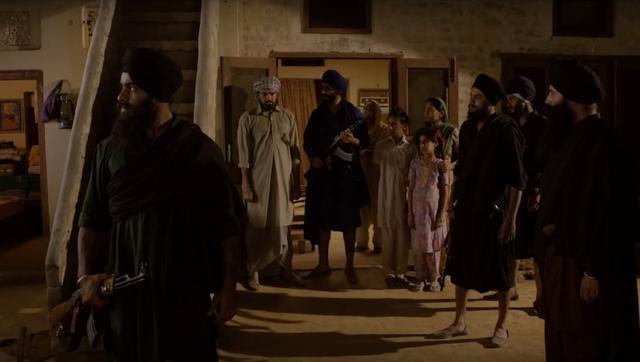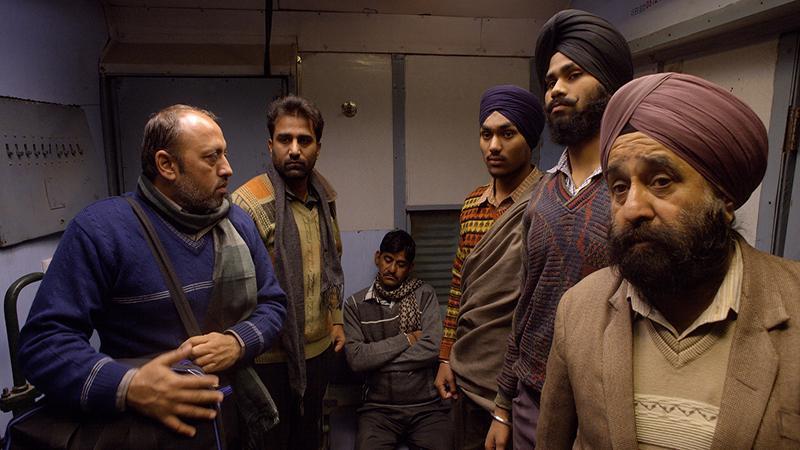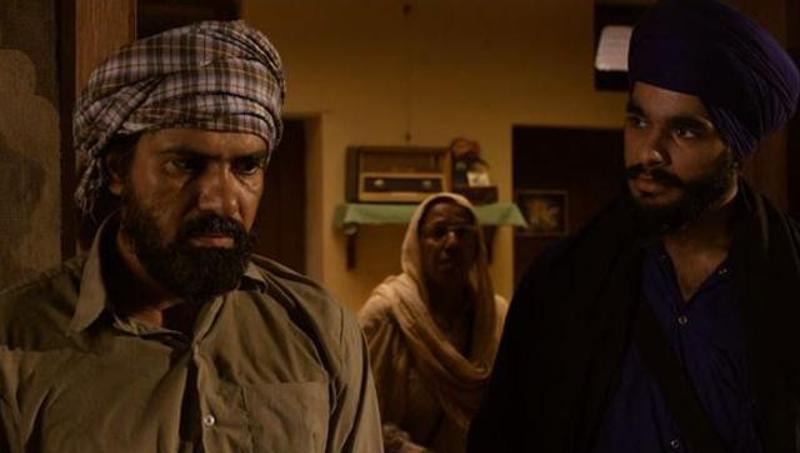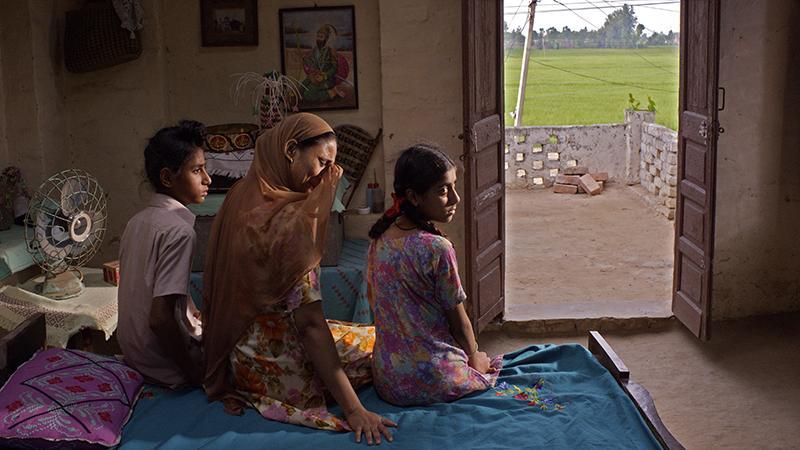Miss Alone
Prime VIP

Chauthi Koot
Cast: Suvinder Vicky, Kanwaljit Singh
Director: Gurvinder Singh
Rating: 4/5
“Fear makes us feel our humanity,” said Benjamin Disraeli. This perhaps best sums up Chauthi Koot (Fourth Direction).
A young Hindu couple, along with their child, knocks on a door late one night. A burly Sikh responds indecisively, but on his mother’s insistence, asks the couple to come inside. Later, he accompanies the three lost travellers to the next village.
This is 1984 when the Indian paramilitary forces are fighting a bloody battle with the Khalistani separatists. Communal tension is rising, and so is the friction between Hindus and Sikhs due to their differing views on Indira Gandhi’s tough approach towards Sikh militancy.
Operation Blue Star, in which the army raided the Golden Temple in Amritsar, has probably been planned by now. Terrorists are visiting villages for food, shelter and information. Those who don’t endorse their views are treated as the state’s spies. It is in this climate that Joginder (Suvinder Vicky) escorts the Hindu family. Humanity wins, but this can change on the slightest of pretext.
What nobody knows is that Joginder himself is suffering. He has been asked by local militants to kill the family dog for its barking could alert government agencies to their presence. Joginder doesn’t want to, but neither does he wish to feel a gun barrel pressing against his chest again.

The military also arrives at his house, threatening him to not be cordial with militants.
Between Scylla and Charybdis, the family waits for their ordeal to be over.
Joginder has options – turn into a militant, kill his dog, maybe even run away, but it also means trading in his humanity over fear, not an easy choice.
And it’s this fear that Chauthi Koot wields so well

There is never any actual gore in this Punjabi film, but a blanket of terror is laid out nonetheless. It’s the fear of unknown. It’s about a constant threat that grows manifold with approaching footsteps. It looms large on paddy fields, and pours with the monsoon. It hangs heavy in the air after an announcement on a loudspeaker and penetrates the soul.
Director Gurvinder Singh earlier showed his flawless depiction of complex psychological issues in Anhe Ghore Da Daan (2011); that continues here. He doesn’t state the obvious, but plays with the audience’s psyche. He wants us to feel the subtlety and how, as humans, we are divided, yet united.

Looking for a traditional structure is futile in Chauthi Koot as it breaks the set norms. Jugal (Kanwaljit Singh) begins the film, but it’s not his story. It’s the back-story of a character who lends him support on a frightening night. Jugal doesn’t know much about Joginder, but they’re connected through fate and situations. Unknowingly, Jugal becomes the narrator of the trauma a peace loving family goes through during the army’s clash with the Khalistan-supporting militants.
Singh sets the tone perfectly with silence. You don’t hear human voices initially. All you take note is the sounds of trains, brass band and army boots. Characters keep straight faces despite being frightened to the core. A turbaned head can attract an army bullet even in the dark. A Hindu can’t dare to sit next to a Sikh. The paranoia crawls on your skin.
Long shots and dim lightening try their best to trick the viewer’s mind. Lack of talkative characters pushes one to believe in the suppressed emotions. Sorrow and mourning are the prevalent sentiments.
In total, Chauthi Koot is an emotional and psychological drama; it doesn’t comment on policy paralysis or find a culprit. It transports the audience to a dark time where one feels the pain and horror of Joginder’s family.
This is a crafty move on the director’s part, as it translates facts into a humane narrative without giving much room for prejudice. Hope rears its head when needed the most. The humanitarian perspective is the movie’s biggest win.
